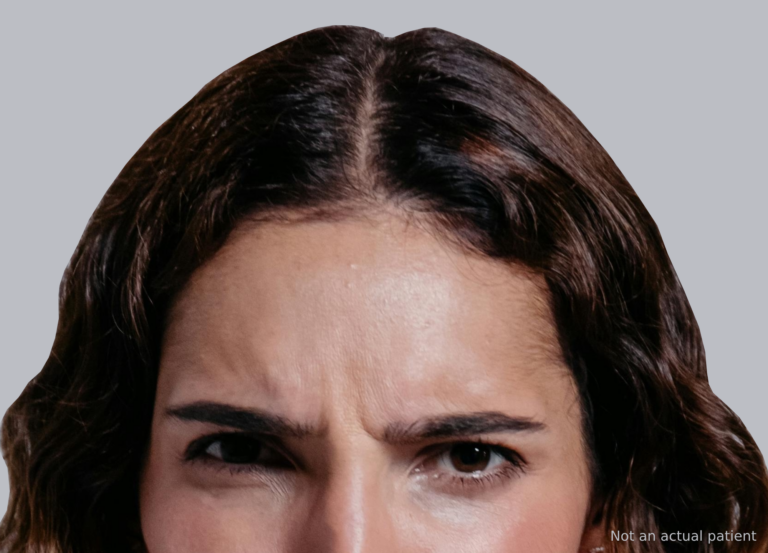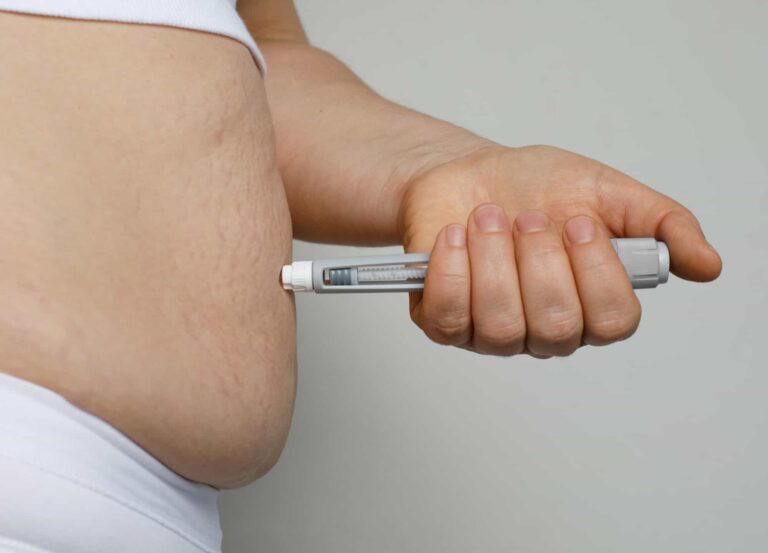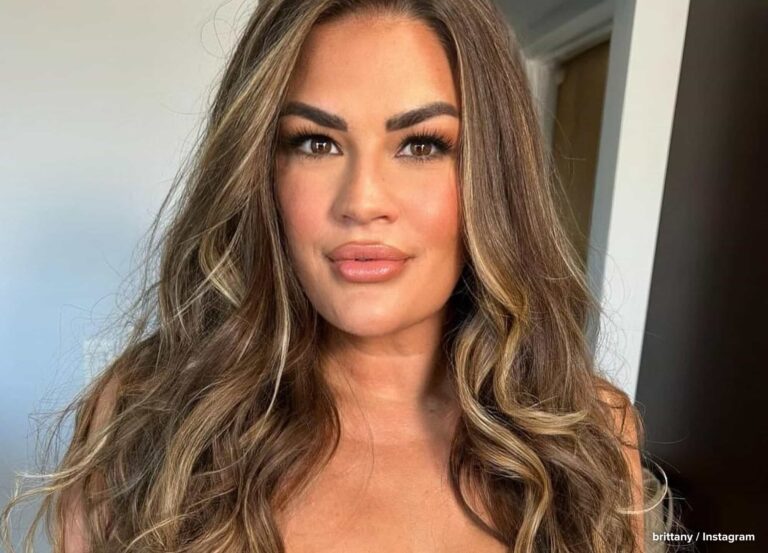When considering the financials involved with plastic surgery, there are the nonnegotiables—the separate and significant fees for the surgeon, the anesthesiologist, and the facility, plus the cost of requisite drugs and possibly garments—and then there are the myriad “extras.” While far from essential, these enhancements are said to speed wound healing, ease anxiety, and generally optimize the post-op period—all for a price, of course, which frequently puts them out of reach for the average patient, who has already spent five figures on a facelift or tummy tuck.
In this regard, stars are not just like us. They have not only the means and opportunity to spring for supplementary services but plenty of motive too. “Celebrities tend to be in more of a time crunch and need to be back to camera-ready within a few weeks of surgery, [which] can be challenging,” says Dr. Kelly Killeen, a board-certified plastic surgeon in Beverly Hills, California. To accelerate healing, many abscond to luxe recovery centers, where they’re treated to round-the-clock private nursing, restorative IV infusions, hyperbaric oxygen sessions, and more—typically with the goal of emerging days to weeks later, looking refreshed yet unaltered.
Realistically, nothing can “take a three-week recovery and turn it into a three-day recovery,” notes Dr. Laxmeesh Mike Nayak, a board-certified facial plastic surgeon in Frontenac, Missouri—but certain services can truly “help you look and feel better, faster,” he says. Are they a splurge? Certainly. But our experts insist these six are the most worth the cost.
Aftercare and private nursing
The priciest and most priceless of extras, without question, is 24/7 medical care following surgery. If you can swing it, “it’s a great idea to stay in aftercare or hire a private nurse for a few days, to help you recover,” says Dr. Killeen. “A seasoned post-op nurse will assist you with optimal positioning to minimize swelling, decrease [your] pain medications, which also speeds healing, and help you with those annoying dressing changes and garment placements.”
Dr. Ben Talei, a board-certified facial plastic surgeon in Beverly Hills, California, tells us that most of his high-profile patients spend at least a couple of days at Aura Aftercare, the exclusive postsurgical center affiliated with his practice. “The cool thing is,” he says, “the patient doesn’t have to worry about anything. The nurse handles everything and also trains you how to take care of yourself and what to do to speed your recovery.”
Private nursing is a perk that can also be enjoyed outside of designated aftercare facilities. “Our power-player patients, whether they live locally or traveled for surgery, will often get a hotel suite with a private-duty nurse and a hospital bed,” says Dr. Camille Cash, a board-certified plastic surgeon in Houston. “Recovering in a hotel versus at home creates the physical distance that some need to fully separate from their work and parenting responsibilities in order to focus on a successful recovery.” And having a nurse assist with drains, dressings, and bathing can be a godsend for those who “aren’t comfortable asking loved ones to help them through the nitty-gritty of the first few days after surgery,” she adds.
Dr. Cash has also had patients rent adjustable hospital beds for rehabbing at home after tummy tucks and Brazilian butt lifts, “to allow them to sleep and recline comfortably during recovery.”
Post-op nutritional support
According to Dr. Killeen, most aftercare centers provide customized dishes thoughtfully built around key nutrients that the body needs to heal. “After surgery, it’s important to have a good amount of lean protein and to avoid excess salt and alcohol to minimize swelling,” she says. The specific nutritional profile of one’s meal plan is often based on their particular procedure or surgical circumstances. For instance, “patients who undergo fat grafting benefit from a high-carb diet for several weeks,” she notes, whereas “foods high in iron are sometimes helpful if there was a significant amount of blood loss during surgery.”
Likewise, adds Dr. Nayak, folks who’ve undergone deep neck lifts and had their salivary glands reduced in the process—a maneuver he deems vital for getting a “really, truly excellent neck” in the majority of cases—also require a special post-op diet. For the first few days after treating the salivary glands, he explains, when their surfaces are raw, “the less saliva you’re generating, the faster those glands will heal up.” He asks patients to avoid mouthwatering foods—anything salty, sour, or spicy as well as anything dry, like saltines, which require saliva for digestion. To simplify things for patients facing such restrictions, Dr. Nayak has partnered with a registered dietitian, to create custom meal kits that can be delivered to patients’ homes following surgery.
Patients of means may also hire private chefs “to prepare meals that are easy on the stomach, with the appropriate nutrition to help ease and accelerate healing—juices, smoothies, soups, and lean-protein dishes like eggs and chicken,” Dr. Cash says. Having help in the kitchen can be a major boon for patients needing to feed not only themselves but their families. “As a mother myself, I cannot stress enough how important it is to plan childcare arrangements in advance, because even after the postoperative pain or sluggishness has subsided, there will still be restrictions on physical activity for up to six weeks after surgery,” she notes—which can make shopping for groceries, schlepping them home, and cooking meals nearly impossible.
Hyperbaric oxygen treatments
Fashion icon Marc Jacobs recently gave his Insta fam a window into his facelift recovery—which included time spent in a hyperbaric oxygen chamber. Following both face and body surgeries, “patients often schedule a few days to a few weeks of treatments, to help increase their circulating oxygen levels and heal their wounds faster,” says Dr. Killeen, who finds O2 sessions to be especially advantageous for “surgeries with a higher risk of skin necrosis and healing issues,” like facelifts, tummy tucks, and breast lifts and reductions.
Drs. Talei and Nayak are also proponents of post-op hyperbaric oxygen and say its effects are well documented. Dr. Talei likes to precede each round of O2 with an infrared LED treatment, which, he says, “provides a sense of relaxation, helps with inflammation, and potentiates the benefits the patient is going to get from the hyperbaric oxygen”—one of which is helping to repair the nerves and blood vessels that were damaged during surgery.
A few months back, when Dr. Nayak began offering hyperbaric oxygen routinely to his face- and neck lift patients, what was most surprising, he says, is how much they loved the experience. (One patient even bought a $15,000 O2 chamber for his home.) While he expected some folks to feel claustrophobic or take issue with the ear-popping pressure inside the chamber, he received only rave reviews.
“Your entire face and neck are completely swaddled by a perfectly conforming blanket of pressurized air,” he explains. “Not only does it help via better delivery of oxygen, but the pressure almost helps kind of squeeze a little bit of swelling out. It sounds crazy, but patients just love the way it feels—how it relieves that swollen feeling.”
Hyperbaric oxygen is “most powerful in the first two to three days after surgery,” Dr. Nayak notes. “I’ve seen it dramatically improve challenged skin flaps, which likely would have progressed in a bad direction if not treated.”
Manual lymphatic drainage massage
“A good lymphatic massage therapist is every plastic surgeon’s secret weapon for getting patients camera-ready as soon as possible,” Dr. Killeen says. Most effective when initiated the week after surgery, manual lymphatic drainage (MLD) “moves swelling out of an injured area to a place that will process the fluid normally and minimize your swelling duration while also helping the area scar down as smoothly as possible,” she explains. MLD techniques can also ameliorate abnormal or tethered plastic surgery scars. For most patients, Dr. Killeen prescribes two to three massages per week, for four to six weeks.
While some plastic surgeons encourage MLD after nearly every procedure, Dr. Nayak tends to reserve it for patients “who’ve reached a little bit of a plateau in their recovery.” He admits though that it can be hard to tease out precisely how much of their improvement comes from the massage itself versus the time that passes during the course of treatment. Still, he adds, committing to massage can give patients a sense of control over their recovery—allowing them to take action rather than passively waiting for change—which will often lessen post-op anxiety.
Dr. Cash makes the point that not every masseur is qualified to perform postsurgical MLD. “The wrong provider or treatment can do more harm than good,” she warns. Ask your surgeon for a list of approved therapists in your area.
Leech therapy
It’s true: in elite Beverly Hills surgery centers, famous faces undergoing complex revision surgeries will occasionally submit to leech therapy in order to fast-track healing and prevent blood clots and other complications. “Medical leeches secrete [the peptide] hirudin, which thins the blood slightly, acts as a natural analgesic, and is incredibly anti-inflammatory,” Dr. Talei tells us. “It can help decrease pain in the area where the leech is applied and increase blood flow locally.” Once patients are made aware of the leeches’ skin-saving attributes, he adds, they’re surprisingly unsqueamish about hosting them for a short time.
Concierge Rx services
Because no one, influencer or otherwise, wants to pop by the pharmacy upon discharge, Dr. Nayak offers a concierge prescription service. “For an added fee, we have all the necessary scripts waiting for you after surgery,” he explains. The transaction “doesn’t go through your insurance, and your pharmacist knows nothing about it—it’s very, very private, which certain patients really appreciate.”











